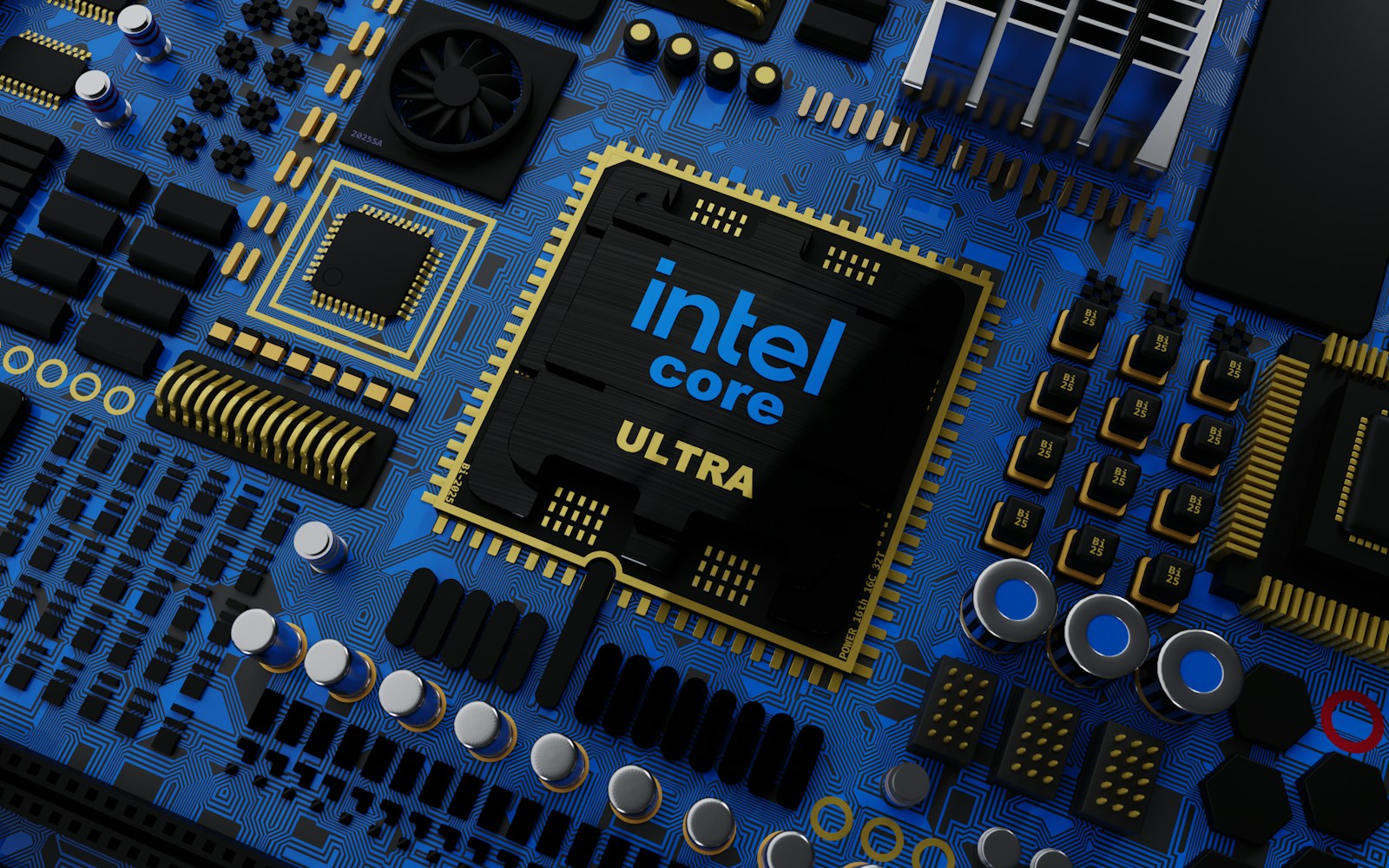Key Takeaways
- Intel layoffs have left many accelerator packages without maintainers.
- Orphaned accelerator packages risk security flaws and stalled updates.
- AI and enterprise users could face performance and safety issues.
- Experts call for diverse funding to strengthen open-source projects
What Happened?
Intel recently restructured its business and cut many jobs. As a result, dozens of accelerator packages in Debian and Ubuntu lost their main maintainers. These accelerator packages help software run faster on Intel chips designed for tasks like AI and data processing. Now, with no one to update or secure them, these packages sit unused and unprotected.
Why Accelerator Packages Matter
Accelerator packages make critical tools and libraries work on special Intel hardware. Without updates, they can lag behind the latest features. Worse, unpatched bugs could let hackers break into systems. Since many companies rely on these tools for AI, machine learning, and big data, orphaned accelerator packages could disrupt whole industries.
Risks of Orphaned Packages
First, security risks rise when no one fixes vulnerabilities. Hackers often scan for old, unmaintained code. Next, performance issues mount as software moves on to newer versions. Applications may stop working or run slowly without matching libraries. Finally, stalled innovation occurs when developers avoid tools with no active community support.
Corporate Dependence on Open-Source
Many businesses assume open-source software runs itself. They often trust large tech companies to handle maintenance. However, when a big player like Intel pulls back, the whole ecosystem feels the pain. This shows how open-source projects can hinge on a few corporate sponsors.
Experts Call for Funding Diversity
To avoid these risks, experts urge spreading funding sources. Rather than relying on one company to fund maintenance, communities could seek support from multiple partners. This might include other chip makers, cloud providers, research institutions, and non-profits. By sharing the cost, no single layoff would threaten an entire project.
How to Boost Open-Source Resilience
1. Create a joint funding pool. A shared budget could pay maintainers for key projects like accelerator packages.
2. Onboard volunteer maintainers. Firms with in-house developers can guide staff to help with updates and security fixes.
3. Offer bounties for bug fixes. Small cash rewards attract contributors to patch vulnerabilities and add features.
4. Form governance boards. Diverse stakeholders can oversee project health and budget priorities.
Community Efforts Already Underway
Some open-source groups have begun to adopt orphaned accelerator packages. They fork repositories, set up new CI pipelines, and recruit volunteers. These steps show the community’s power. Yet, scaling these efforts needs stable funding and clear leadership.
What This Means for AI Developers
If you build AI apps on Intel hardware, keep an eye on package health. Monitor for security alerts and consider alternative libraries. You can also join mailing lists and code repositories to pitch in. Early involvement can ensure critical fixes land before issues emerge in production.
Simple Steps for Enterprises
- Audit your dependencies. Know which accelerator packages you use.
- Allocate developer time for open-source contributions.
- Budget small sums for bounties, even if it’s just a token amount.
- Partner with open-source foundations that already support key projects.
Transitioning Away from Single-Source Reliance
Moving from dependence on one sponsor to a diverse model takes time. Start by mapping out which projects matter most to your workflow. Then, reach out to maintainers or community leads. Offer help or funding, and push for transparent roadmaps. Clear plans reduce the chance of sudden abandonment.
Final Thoughts
The recent Intel layoffs shine a light on a hidden risk in open-source software. When accelerator packages lose their sponsors, many downstream users feel the fallout. However, this crisis also presents an opportunity. By spreading support across multiple organizations and individuals, we can build a more resilient ecosystem. With joint effort, orphaned accelerator packages can find new homes, stay secure, and keep powering innovation.
Frequently Asked Questions
Why did Intel drop support for these packages?
Intel shifted focus and cut jobs in its software teams. As a result, many developers who maintained accelerator packages moved on or left.
What are the dangers of unmaintained accelerator packages?
Unmaintained software can have unpatched security holes, outdated features, and bugs that slow or break applications.
How can smaller companies help?
Even small teams can contribute by testing updates, reporting bugs, or offering small bounties. Every bit of effort strengthens the whole project.
Are there alternatives to Intel accelerator packages?
Yes. Depending on your needs, you might use packages from other chip vendors or neutral open-source libraries. However, switching may require code changes and testing.
